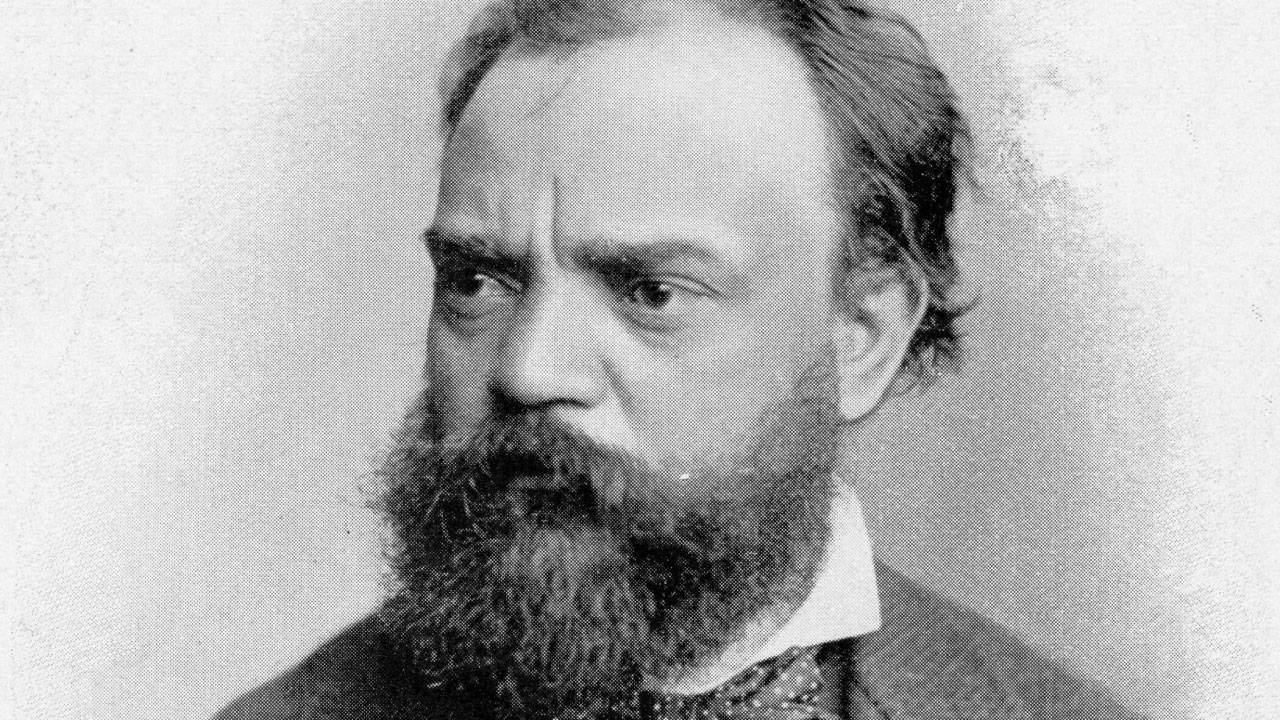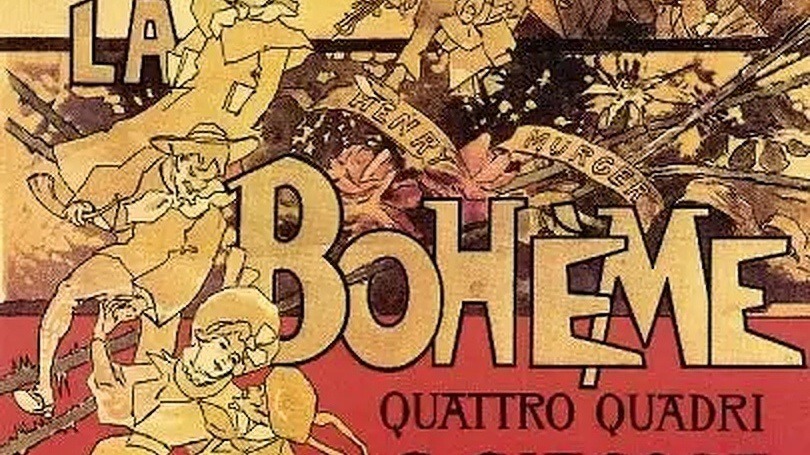Dvořák’s Piano Trio No. 2 in G Minor: Elegiac and Transcendent
Antonín Dvořák’s Piano Trio No. 2 in G minor, Op. 26 was written in the wake of personal tragedy. In August of 1875, Dvořák lost his newborn daughter, Josefa, within days of her birth. The G minor Piano Trio was composed four months later. Written over the course of seventeen days, it was the first piece Dvořák completed following the painful loss, and it opened the creative floodgates for music to come. …







